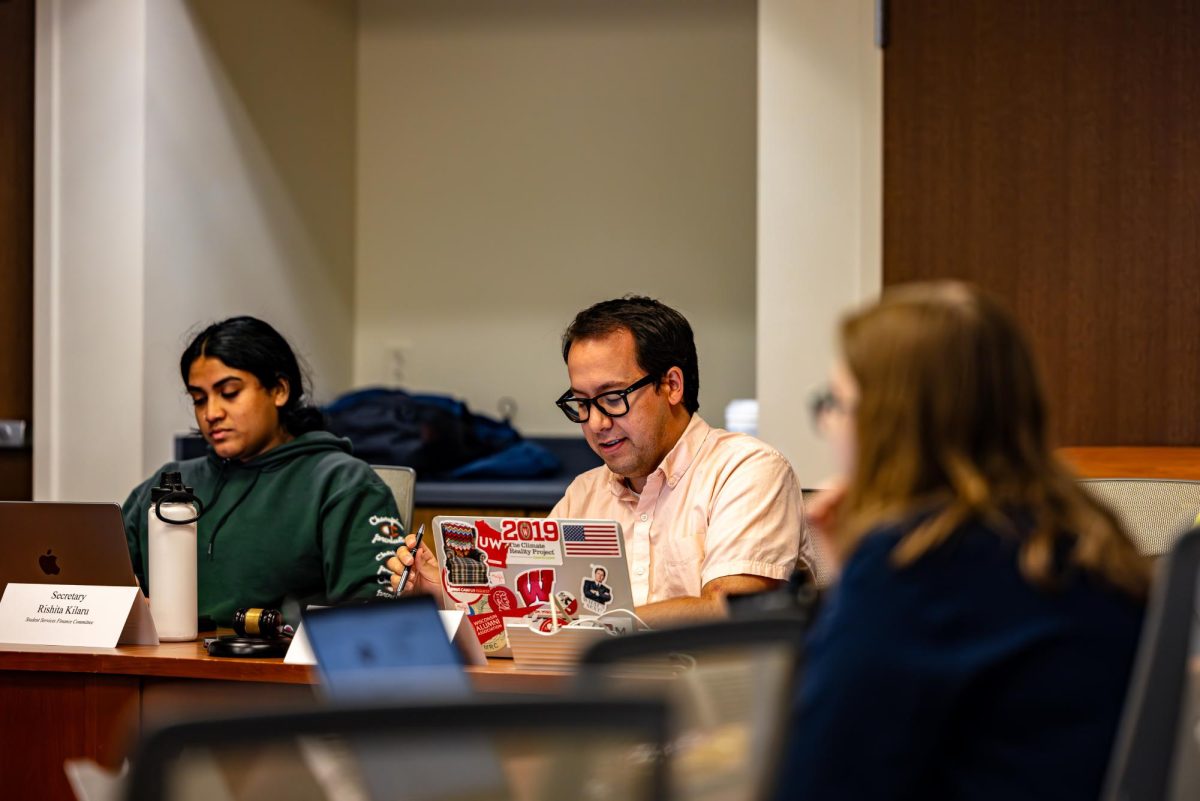University of Wisconsin officials are evaluating resources available to nontraditional students after a report released Tuesday recommended federal government methods to track the progress these students are making.
The Advisory Committee on Student Financial Assistance stressed the impossibility of defining a “nontraditional” student, arguing they vary in age, marital status, employment, family composition, former education and future goals. The difficulty in defining these students makes it hard to evaluate the need for and use of financial aid, the report said.
The ACSFA, a congressional body that provides recommendations to the Secretary of the U.S. Department of Education on student financial aid policy, said it hopes to address barriers that prevent nontraditional students from completing a college degree.
In the report, the committee recommended the federal government improve its data collection methods on the current progress of nontraditional students to help define strategies to improve degree completion rates.
Wisconsin has fallen behind the national average in degree holders with one in every four adults holding degrees, while Minnesota is above the national average with about one in every three adults holding degrees, according to a UW System statement.
Judith Strand, director of the Adult Career and Special Student Services at UW, said her office functions as a resource for a variety of students, from visiting international students to returning adult students and anyone who enrolls in summer courses.
Strand said she works to help raise funds for scholarships and grants that are awarded to adult students who, as a group, often face roadblocks in finding financial aid options.
A barrier for single parents, Strand said, is difficulty in finding financial aid since many times a steady job prevents them from being full-time students. She said UW has a Child Care Tuition Assistance Program which provides parents the tuition support that allows for their children to be in day care.
She added she and her colleagues help adult learners determine their best fit anywhere from non-credit courses to a full-blown degree program.
“We help people navigate which door to go through next. This is the first stop for returning adults, and it’s really great that we get to do that. It’s the Wisconsin Idea,” Strand said.
In its report, the committee also said partnerships are needed throughout the federal and state governments, along with the institutional and private sector, to help increase degree completion among nontraditional students.
Strand said the UW System devised the UW Growth Agenda back in 2008 as an effort to ensure that the state of Wisconsin maintains a competitive economic edge and a well-educated population in the future.
Part of the rationale behind the UW Growth Agenda is that broader access to higher education allows for higher average income, economic stability and more prosperous communities, according to the UW System statement.
In line with the ACSFA goal of increasing degree attainment, the UW Growth Agenda plans to increase the cumulative number of graduates by 80,000 over the next 15 years.

















